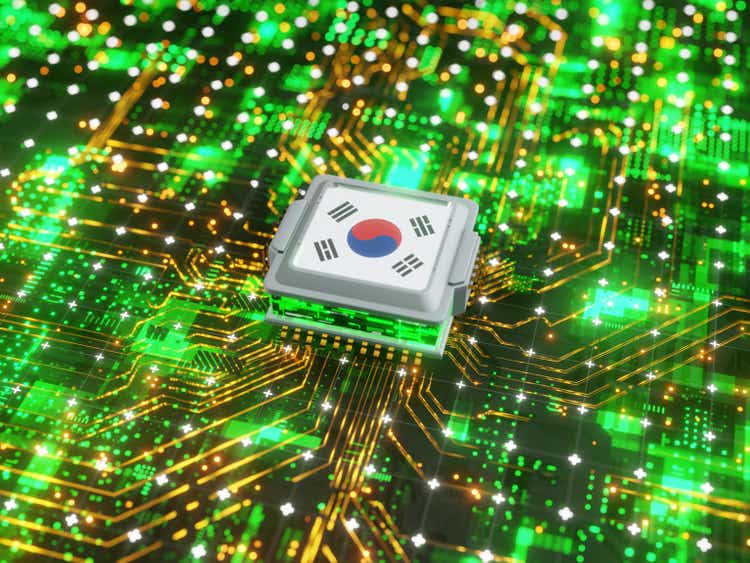
hh5800
South Korea plans to begin providing 14T won (about $10B) in low-interest loans next year to boost its chip industry, Reuters reported, citing the South Korean finance ministry.
The loans will be rolled out via state-run banks and include 1.8T won in finance to install power transmission lines to support companies at a new chip complex, the report added.
In June, it was reported that South Korea planned to start granting aid from July to chip manufacturers from its 26T won (around $19B) package to boost domestic semiconductor manufacturing. The government also intended to help establish two funds of 1.1T won in total, as well as expand tax incentives to eligible companies.
The U.S., China, the EU and Japan are among countries and regions which have stepped up efforts to boost domestic chip manufacturing to stay ahead in the AI race. The U.S. and its allies including the Netherlands, Germany, South Korea and Japan have been tightening curbs on China’s access to advanced semiconductor technology.
In April, The U.S. urged South Korea to curb the flow of equipment and technologies for making high-end logic and memory chips to China. SK Hynix and Samsung Electronics (OTCPK:SSNLF) help make South Korea the world’s largest producer of memory chips.
South Korea is building a complex in Yongin and Pyeongtaek, near Seoul, calling it as the world’s largest high-tech chip making cluster in an attempt to woo chip equipment and fabless companies.
The finance ministry noted swift advancements in China’s semiconductor industry and uncertainties related to policy when U.S. President-elect Donald Trump returns a second term at the White House, the report added.
“In response, the government plans to mobilise all available resources and actively support companies in overcoming the industry’s crisis and achieving a renewed leap forward,” said the ministry in a statement, according to the report.
The ministry added that South Korea anticipates significant changes in the global trade and industrial environment after Trump takes office, the report noted.
The concerns include lower incentives for investments in the U.S. if there were changes to the Inflation Reduction Act and the Chips and Science Act, plus levying broader tariffs.
Earlier this week, Trump said that he would levy a 25% tariff on all products from Mexico and Canada and an additional 10% tariff on products from China, citing concerns related to illegal immigration and illegal drug trade.
